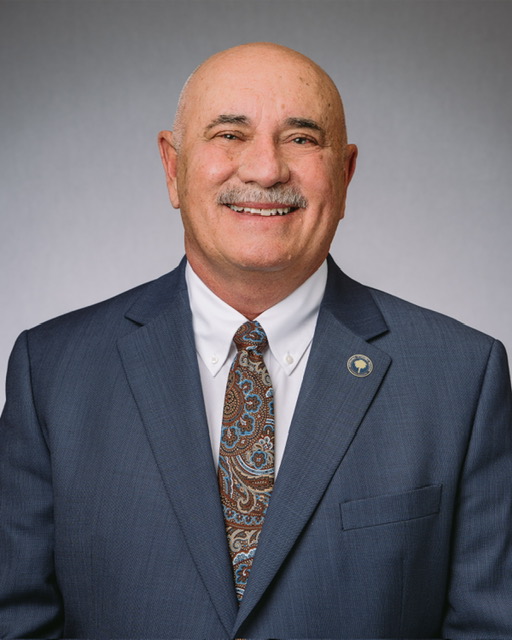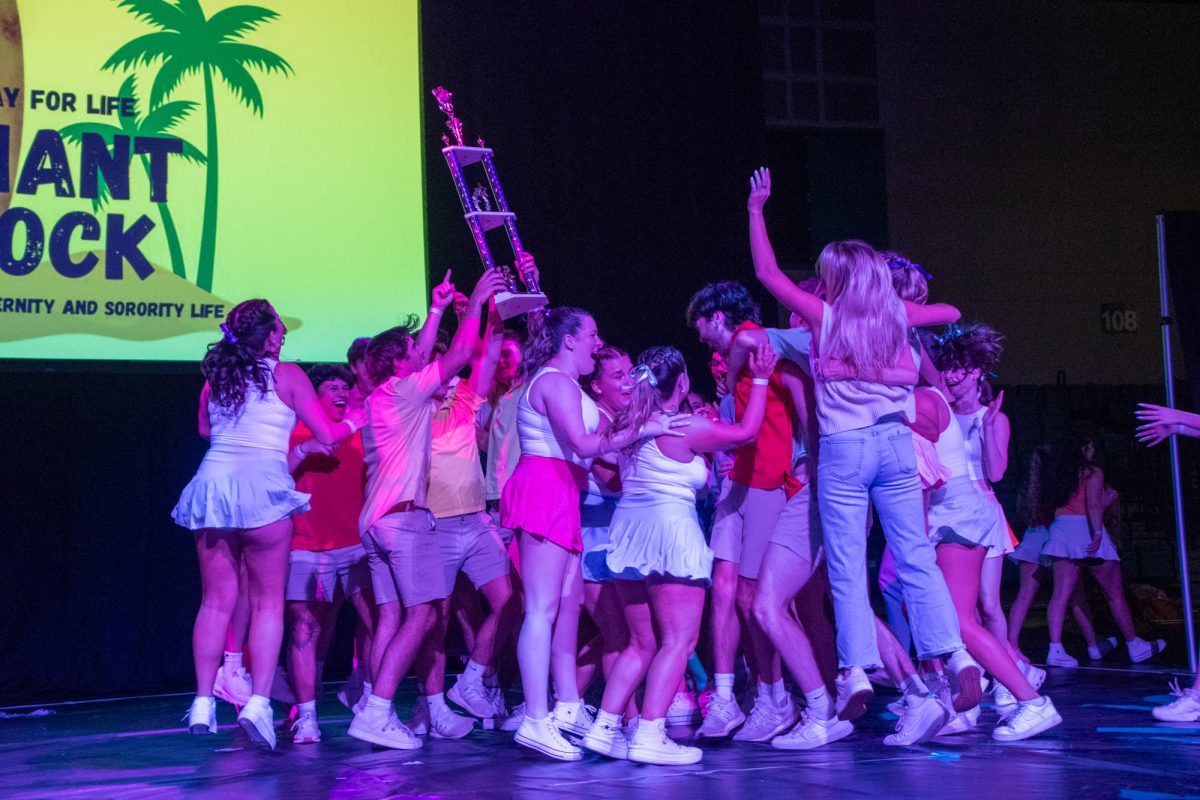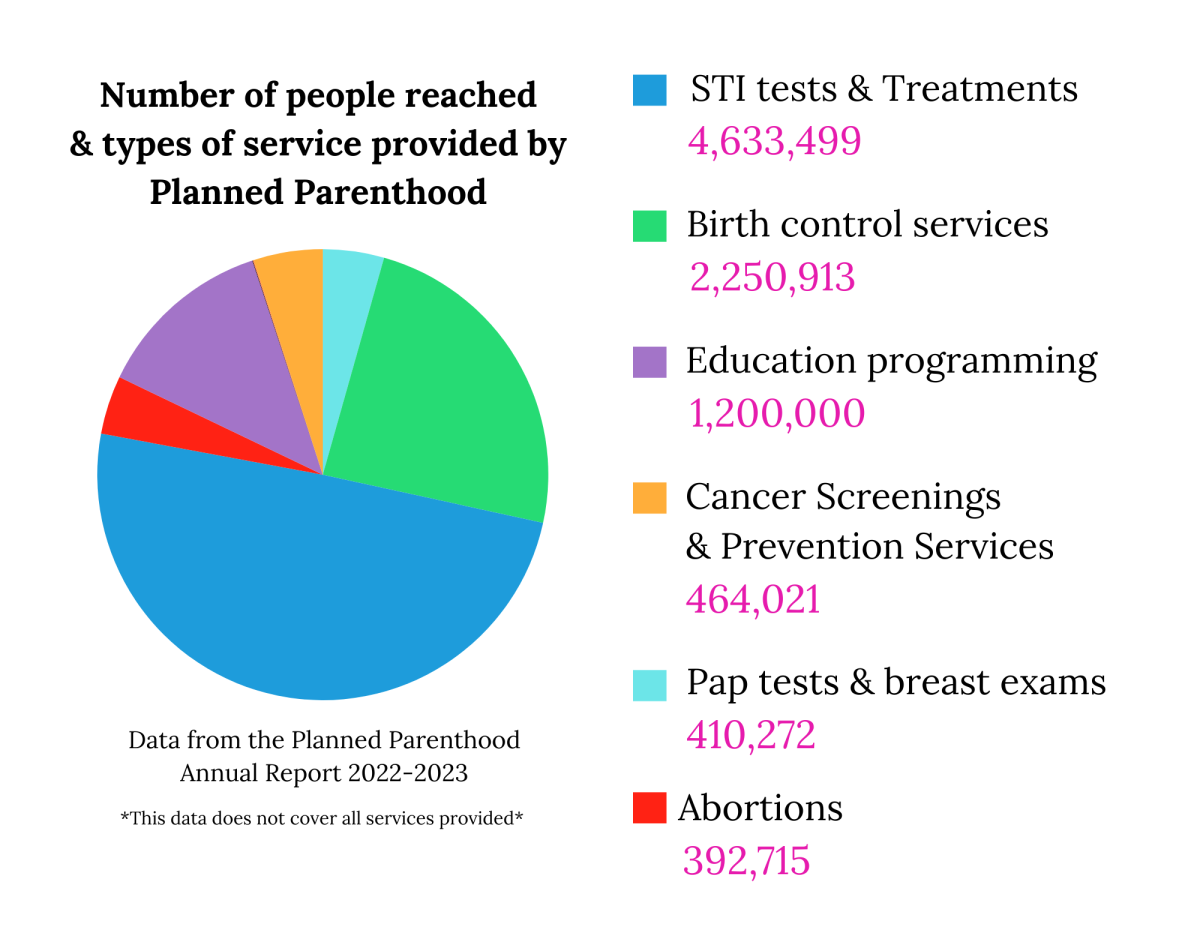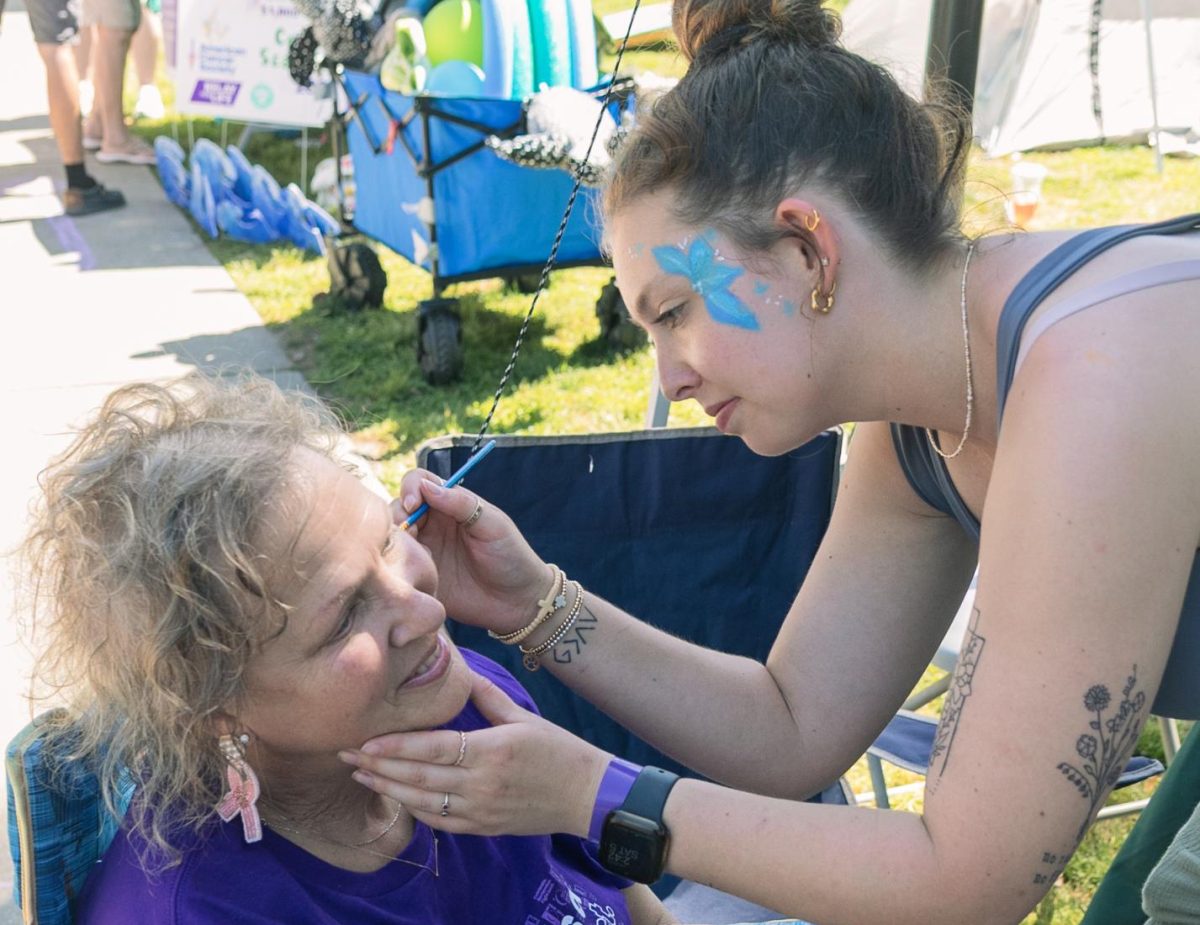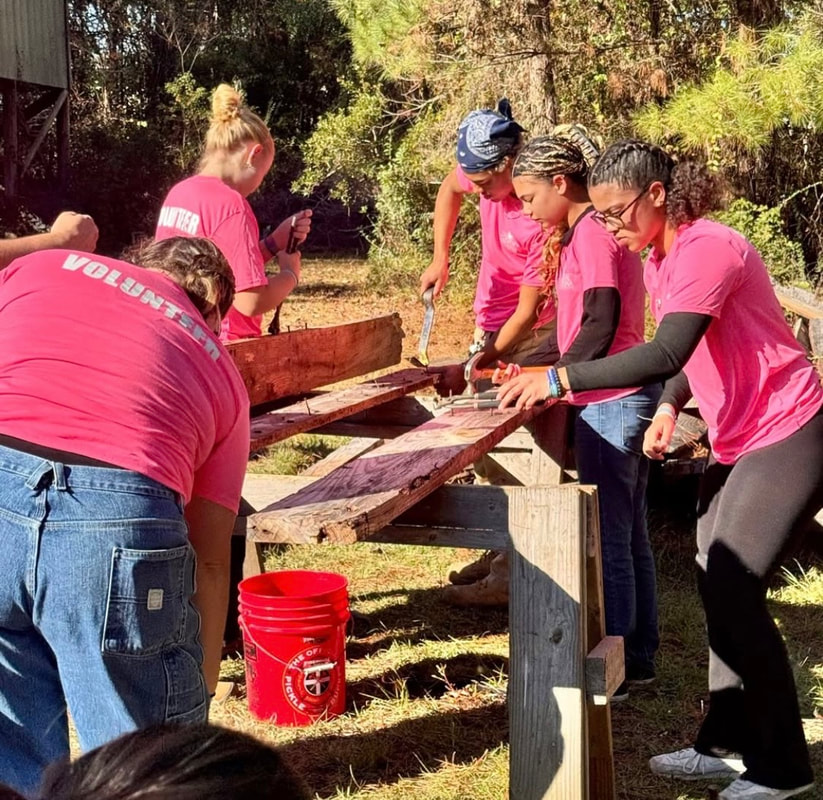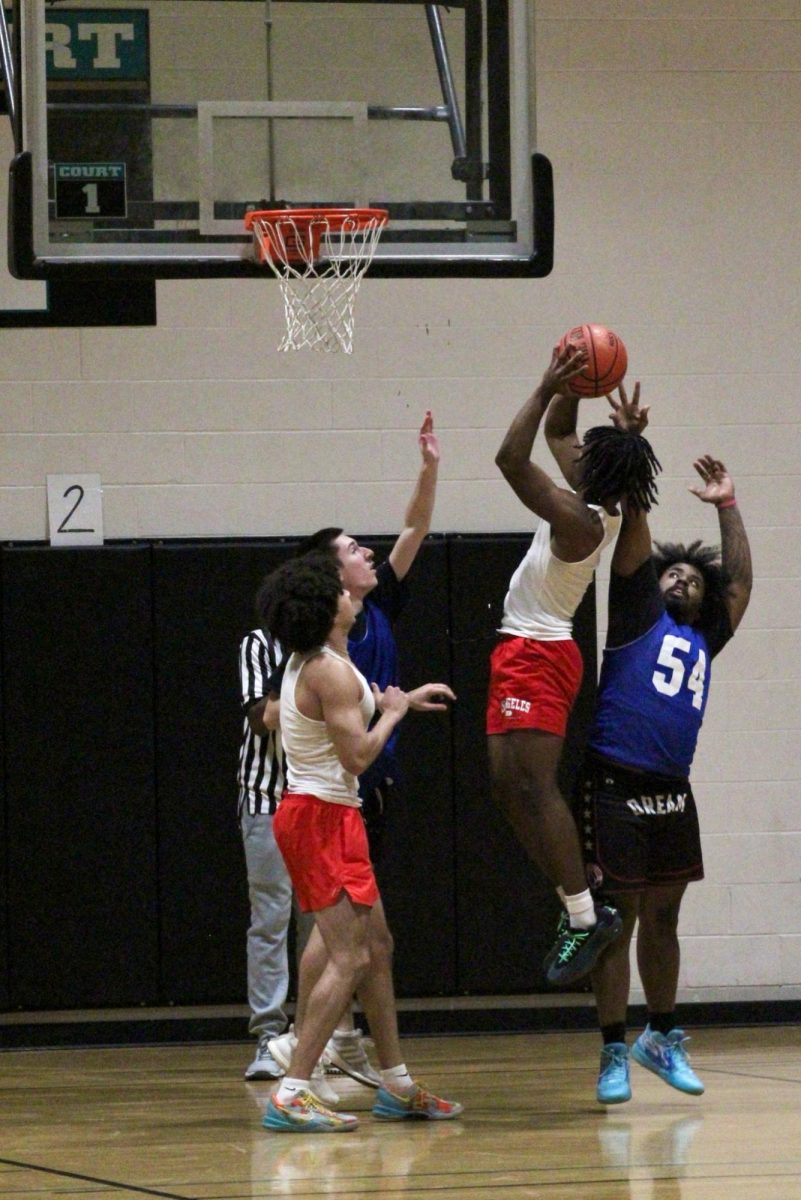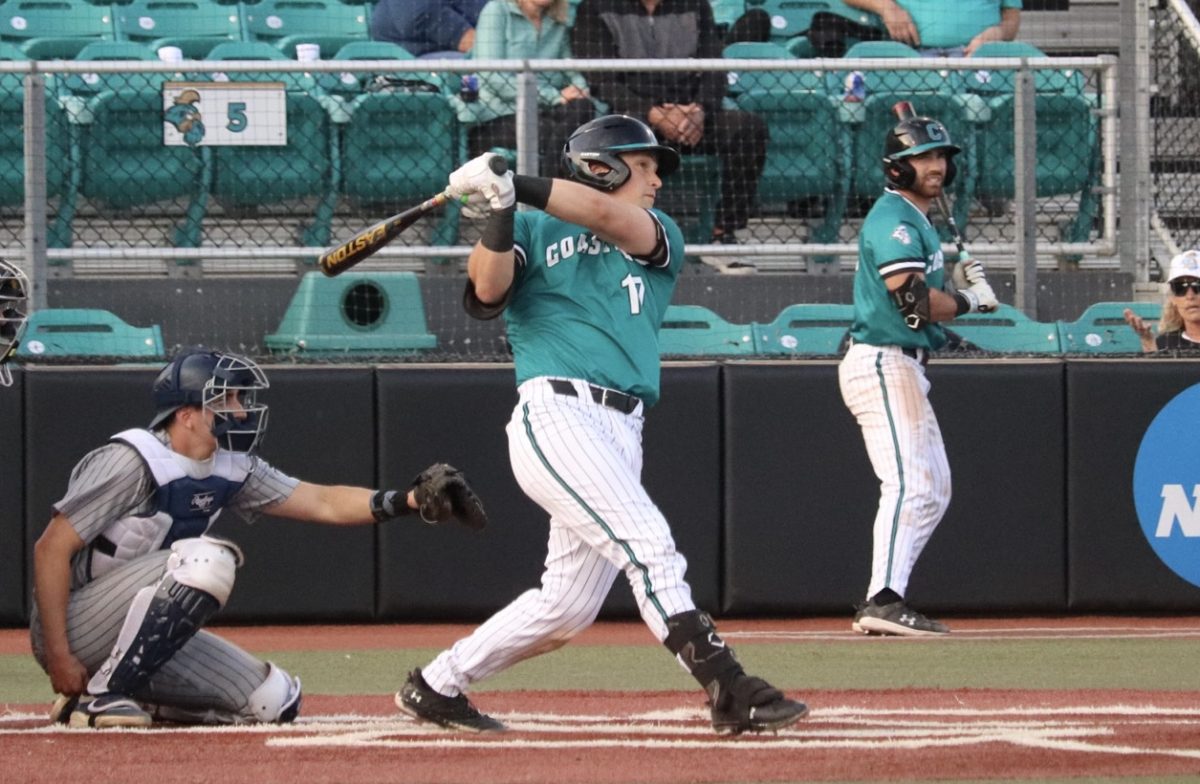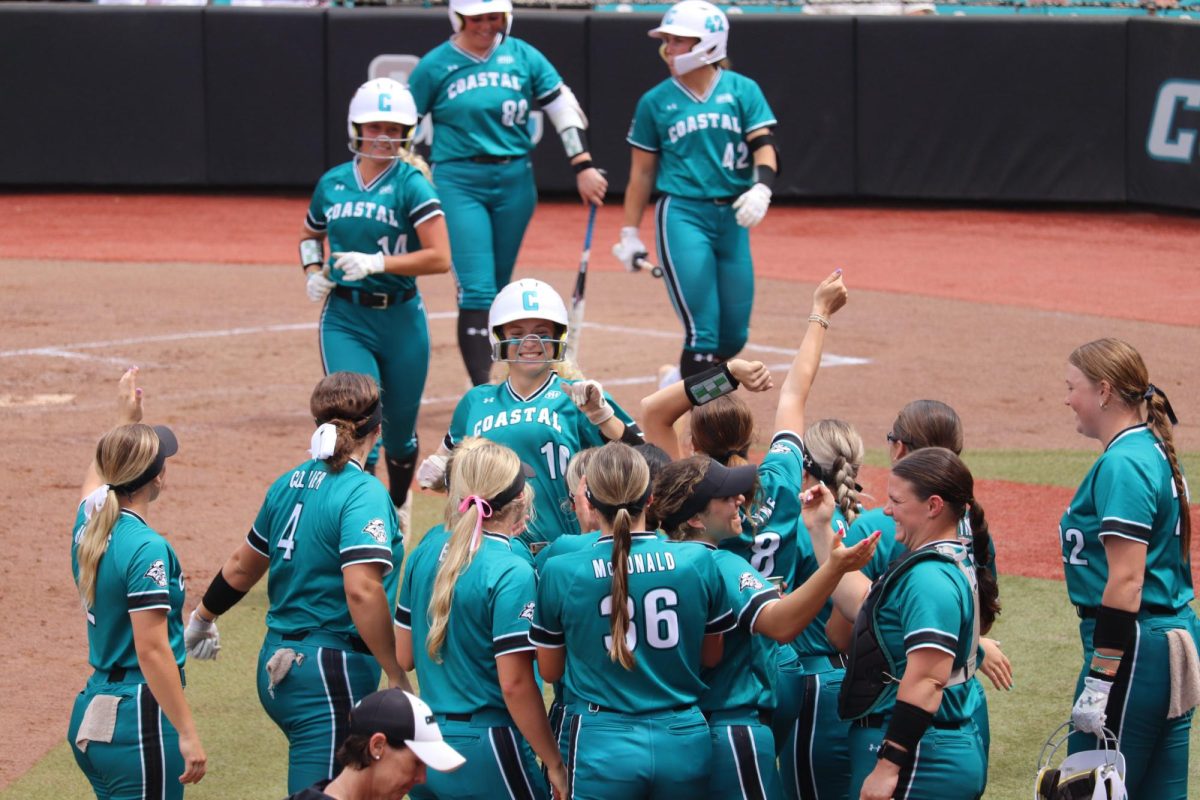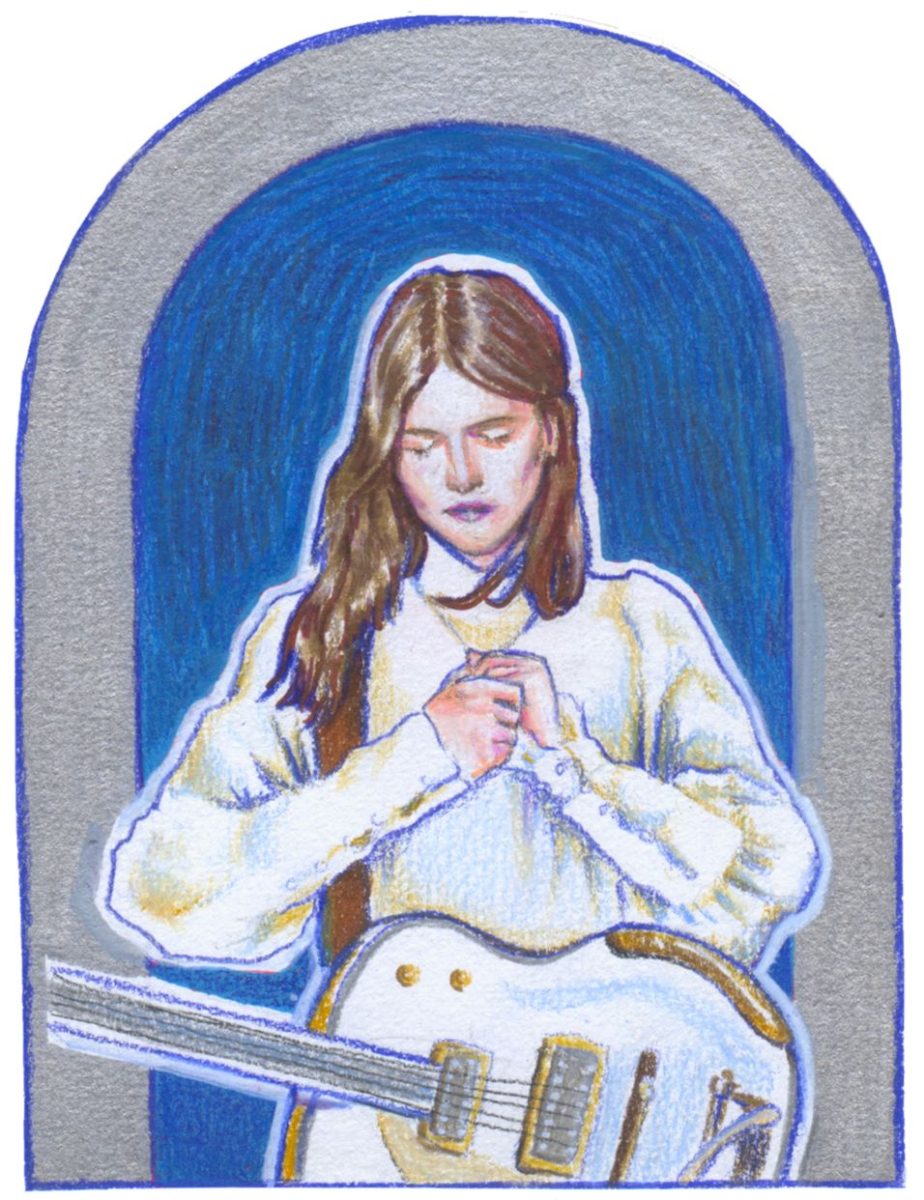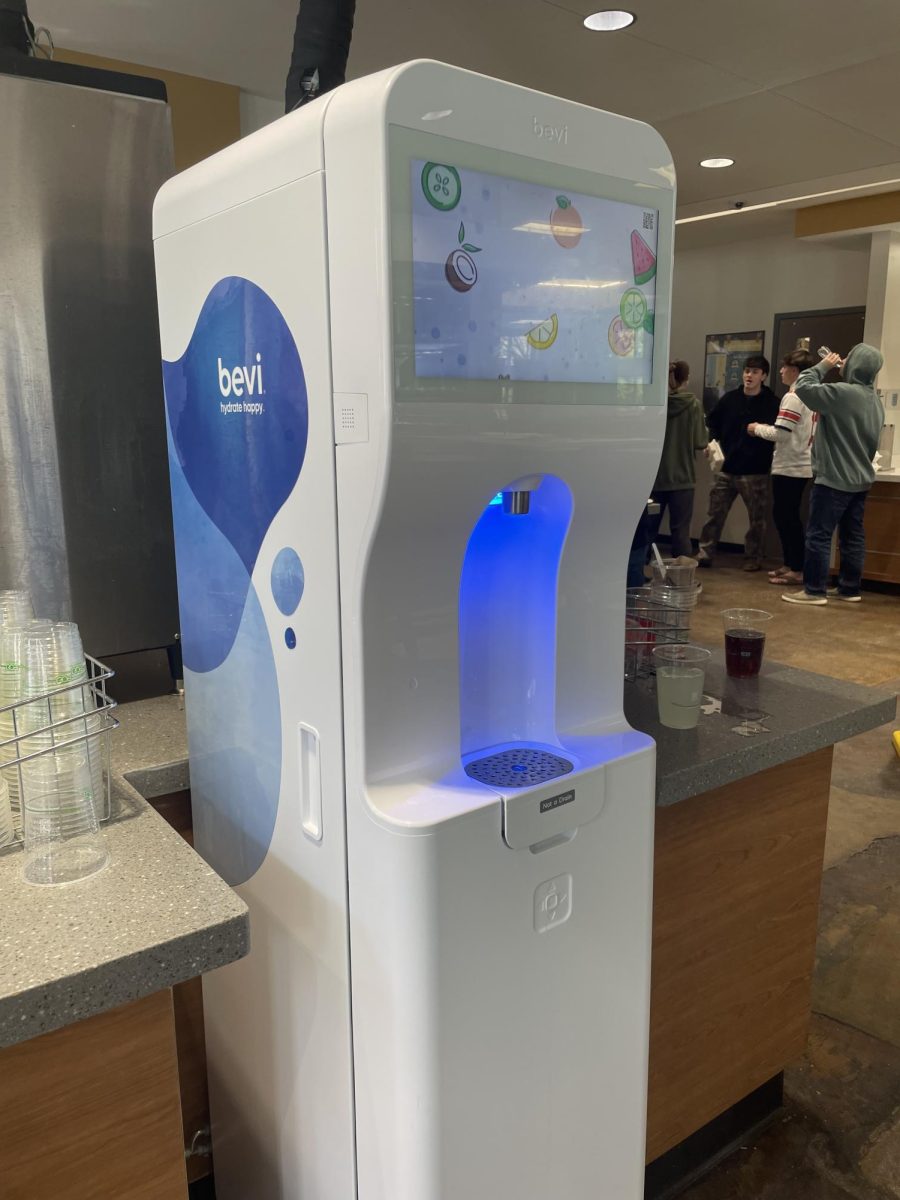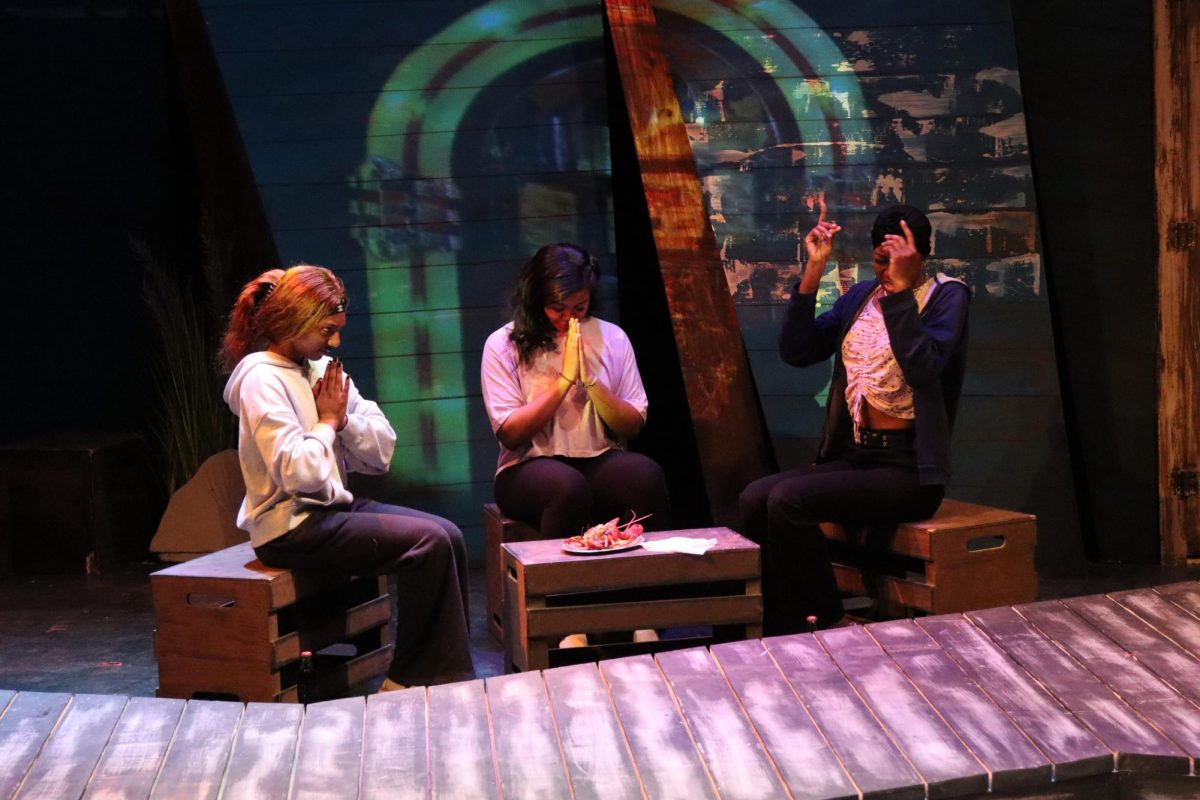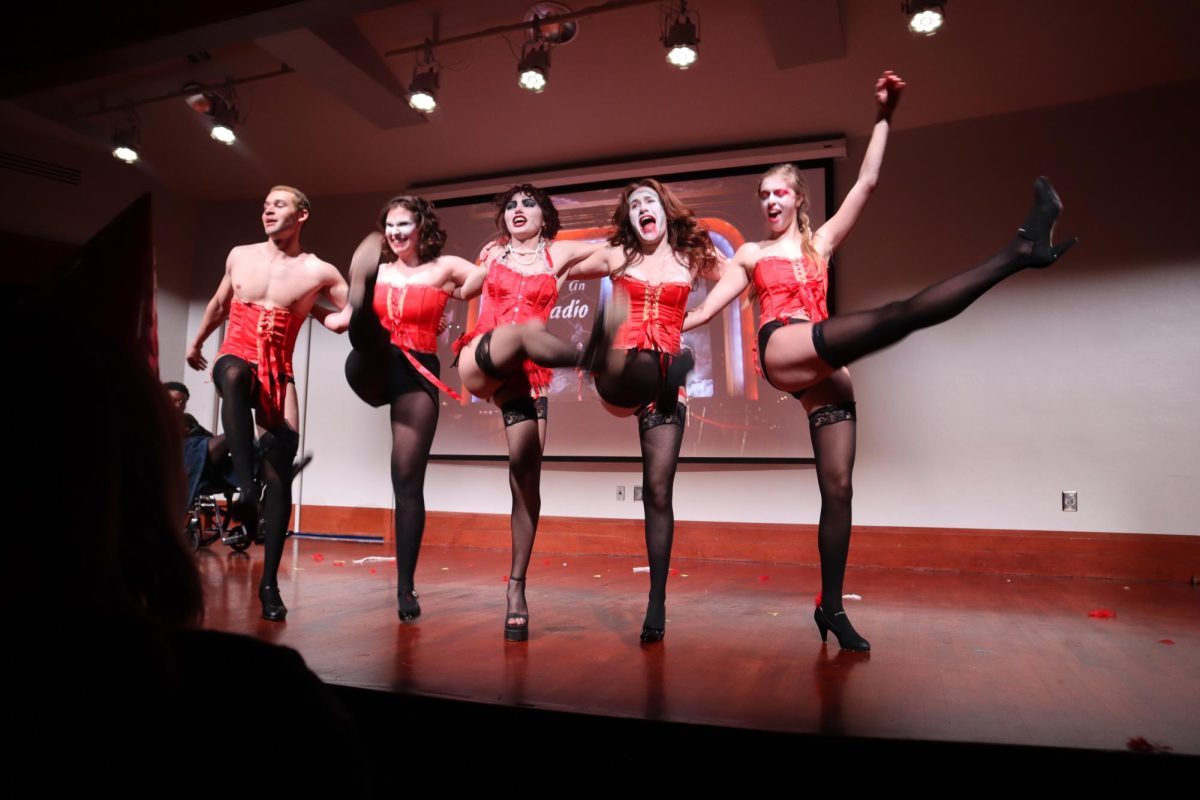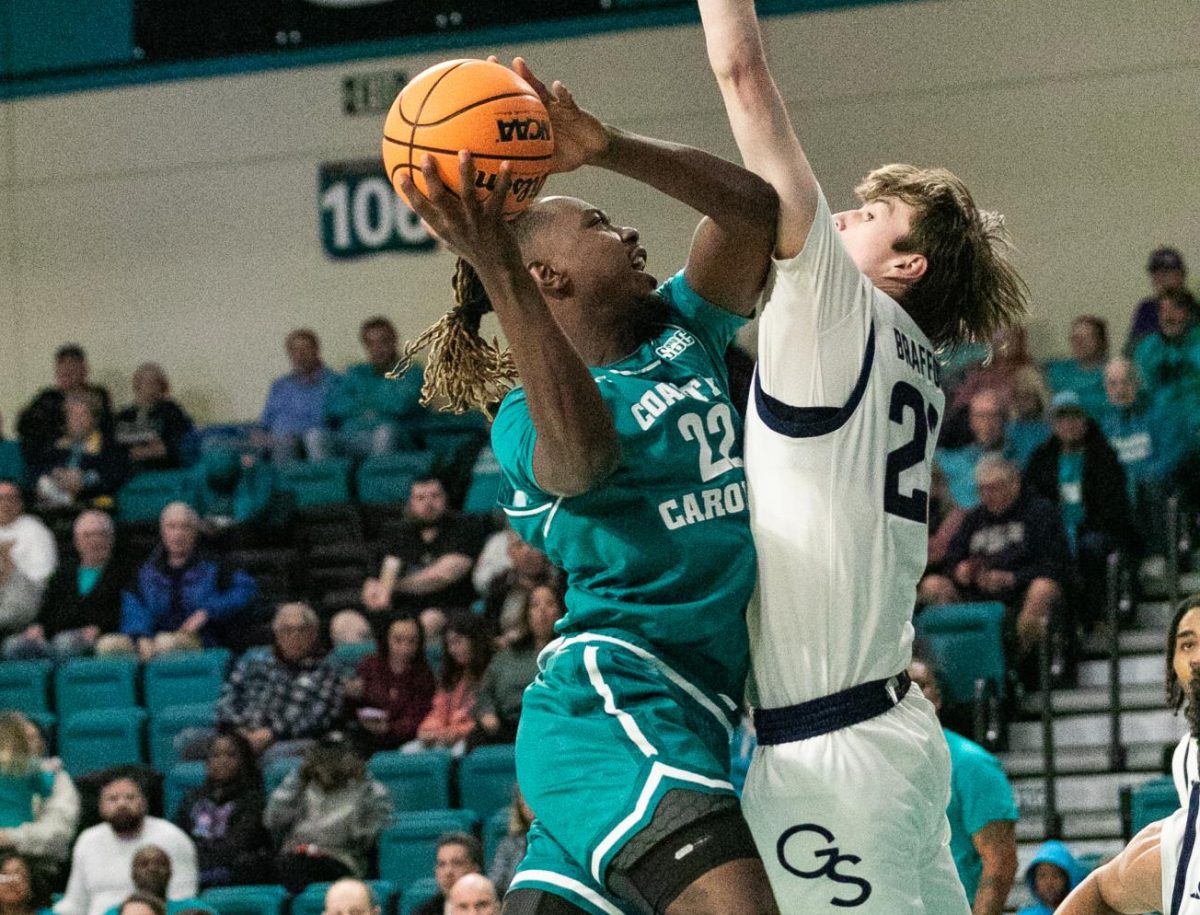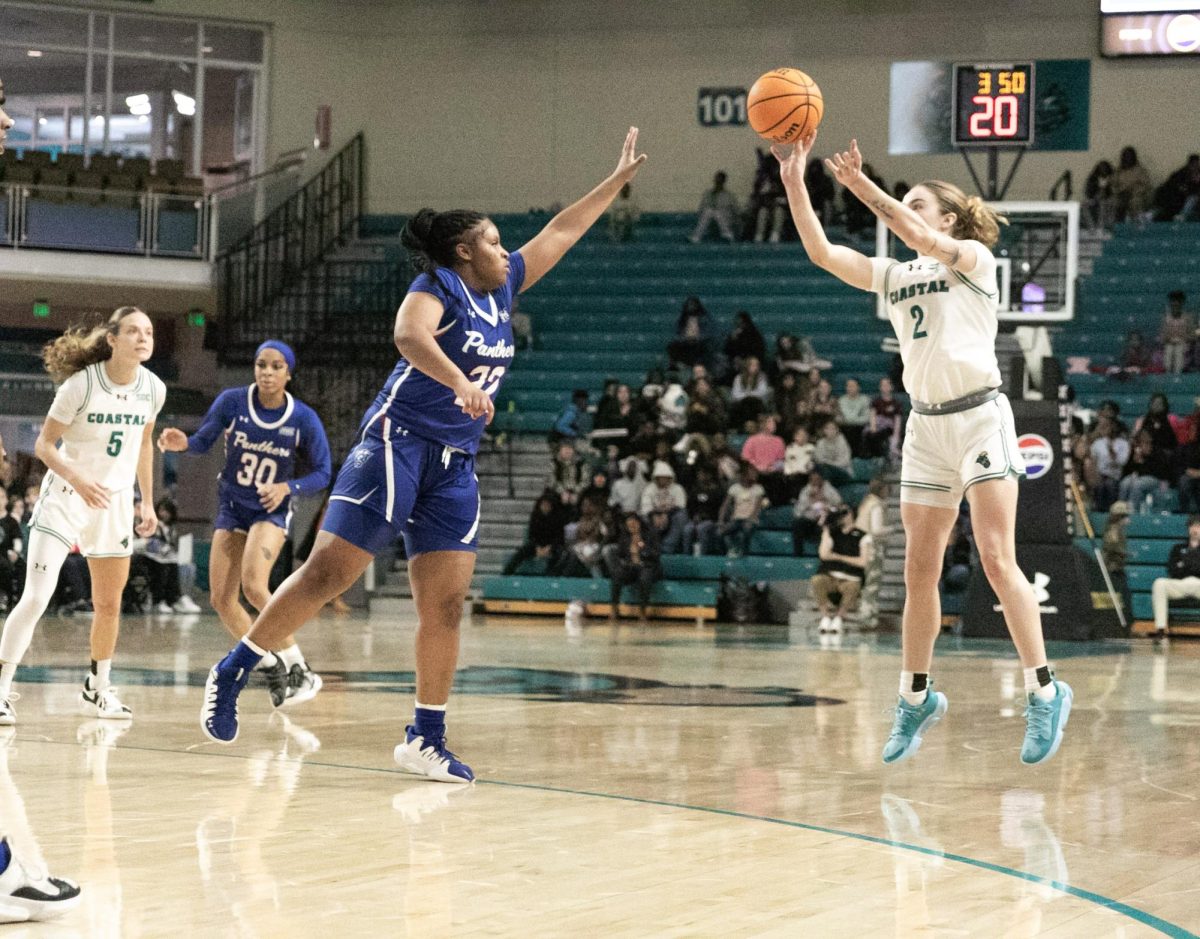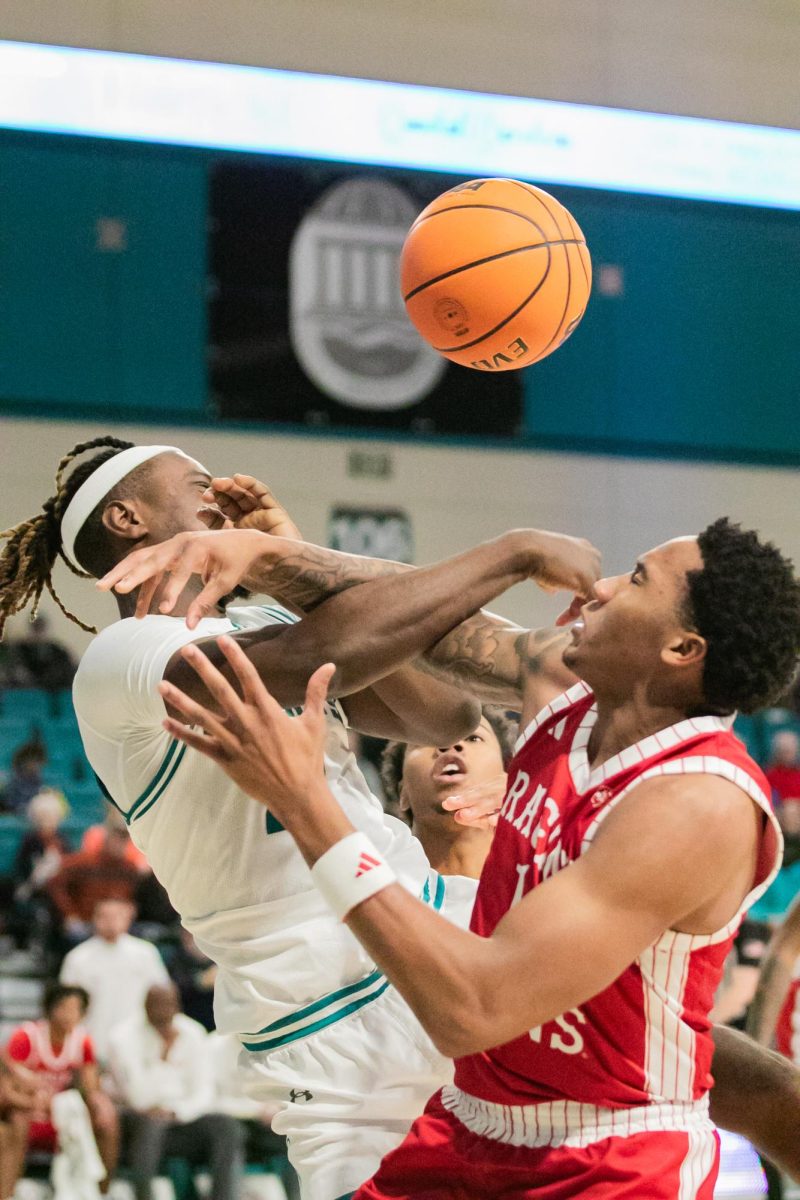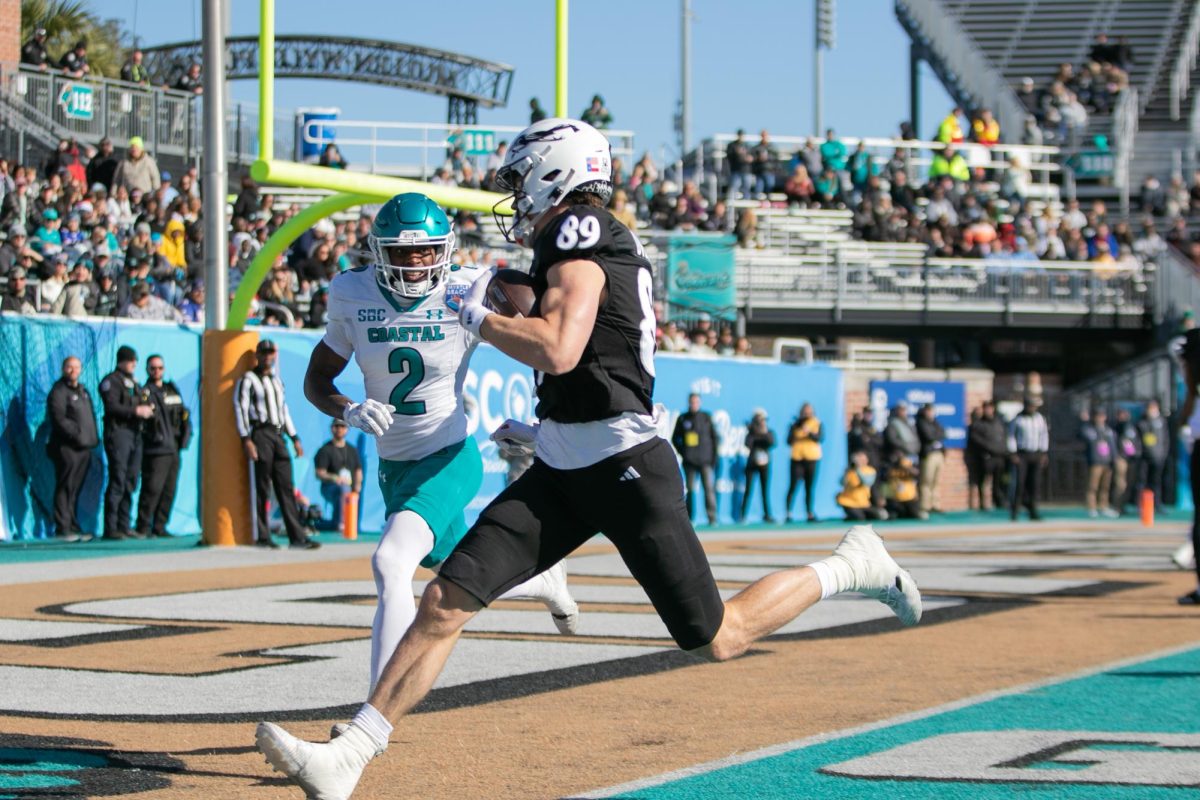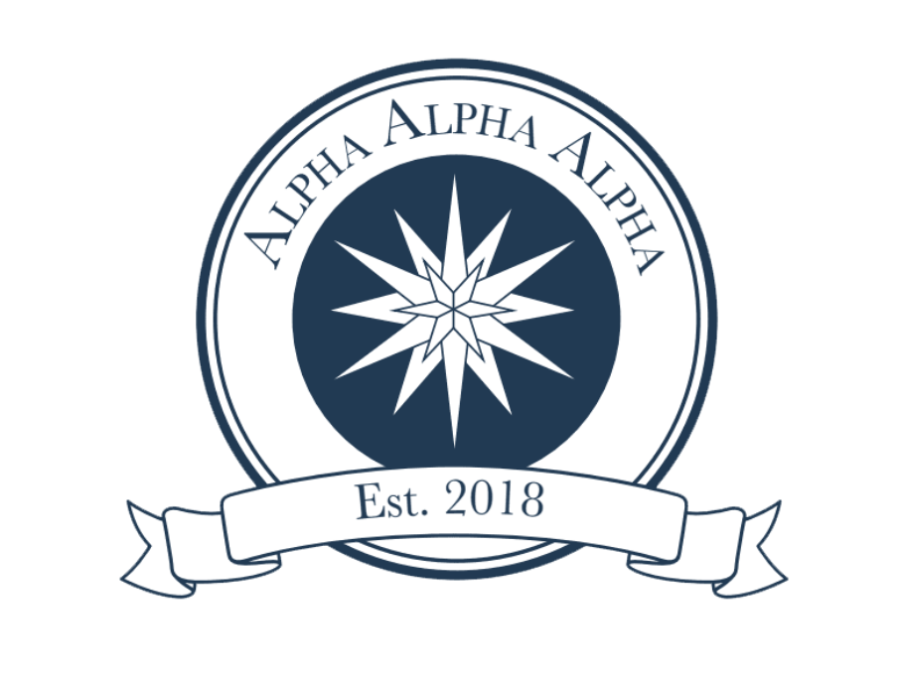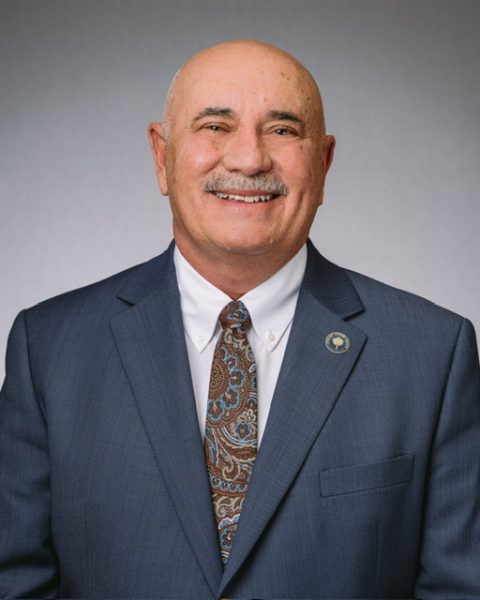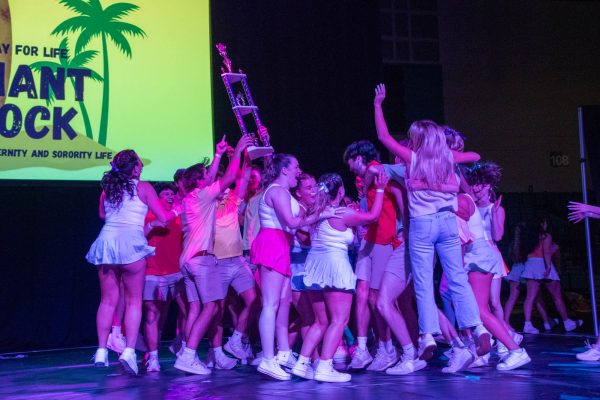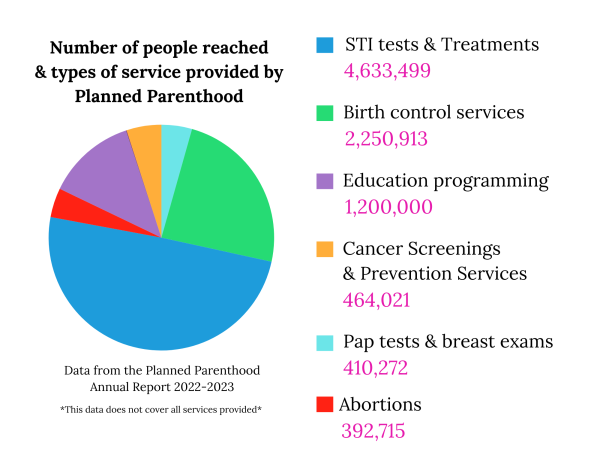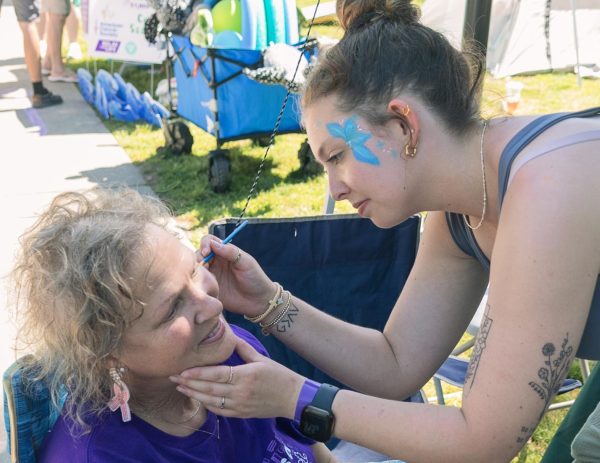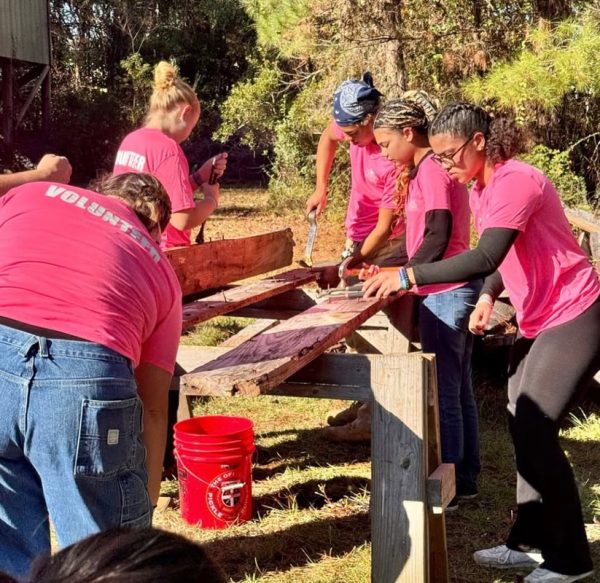Identity and community: First generation students belong here
CCU recognizes students who are first in their family to step on to college campus to defy odds
Growing up in a single-wide trailer and below the poverty line in Lancaster, South Carolina, senior English major Jennifer Terry always knew she was going to college.
Since her sister graduated and her brother didn’t graduate high school—it was up to Terry to be the second woman in her family to receive a degree. Despite the life paths they chose, she and her two siblings were always supported by their mother.
“To me, being first-gen is like, my mom did everything she could, and it worked,” Terry said.
At 7 years old, Terry lost her father. Today, her mother is battling lung cancer which she said played a role in where she enrolled in college. Since she grew up knowing she was going to pay for her education herself, Terry said she made sure to prioritize her academics and get good grades.
Losing her father and supporting her mother through cancer treatments motivate Terry to make a name for herself.
“I’m doing it more so for me than anybody else,” she said. “I definitely do stuff to make my mom proud, to make my dad proud, my family proud. But ultimately, we all have our own life to live.”
Terry said one of the scholarships she received was the Edwards First Generation Scholarship. This scholarship is only scraping the surface of the resources offered to first-generation students at Coastal Carolina University.
According to Aneilya Barnes, a professor of history, 27% of students at CCU are first-generation like Terry. In her experience, Barnes said a lot of students she has worked with did not realize they were first-generation. Programs at the University such as Edwards First recognize these students and bring visibility to the community.
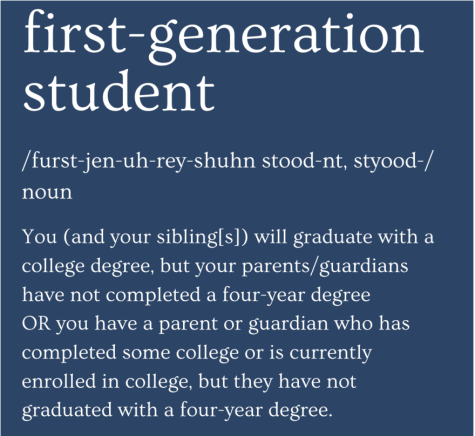
“Having a community on campus where there’s that sort of additional level of support for dealing with all sorts of things is just a really critical part of community,” she said.
As a first-generation student herself, Barnes said these students may face obstacles because they may not have someone who understands what the higher education process looks like. The lack of family support, she said, is a reason why it’s important to have a sense of identity.
“The obstacles that first-gen students have are no worse or no better than those continuing-generation students,” Barnes said. “They’re just different than.”
Although their experiences may be different from other students, she said it is important for first-generation students to realize they can be a success just as much as anyone else on campus.
Additionally, Barnes said it is common for first-generation students to have internal struggles and doubt themselves and their achievements. .
“The minute that a student is admitted into university, they belong there,” she said. “I think it’s easy for them to not understand how successful they’ve already been.”
The University is now one of the 121 homes across the U.S. for the Beta Omega chapter of Alpha Alpha Alpha (Tri-Alpha). Tri-Alpha was founded in 2018 as the first national honor society to recognize first-generation students.
At the inaugural induction ceremony April 10, 2023, 46 students were initiated.
Atiya Stokes-Brown, the former vice president for diversity, equity and inclusion, was originally the one who applied for the charter. Director of Intercultural and Inclusion Student Services Joshua Moore then took on the lead alongside Barnes as the co-advisers of the honor society.
Moore, a Tri-Alpha member himself, said students can identify as first-generation for the first time.
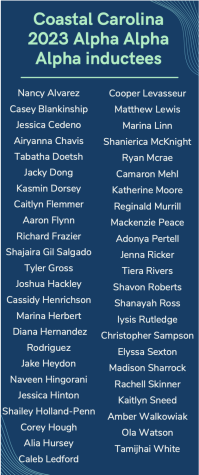
“I think a lot of times we don’t look at first-generation as an identity marker, but it is because I think there’s an experience that only other first-generation college students will truly understand,” he said.
Both Moore and Barnes said “first-generation” wasn’t a common topic while they were in college, and ultimately, they were left to figure it out on their own.
“Nobody talks about it like they do now,” Barnes said.
A Franklin, Kentucky native, Moore knew he wanted to expand his mindset after growing up in a small town. Both of his parents were industrial workers, and Moore said he knew he wanted more.
“Growing up where I grew up,” Moore said, “if you graduated high school, you went on to work in one of the factories, or you went to jail.”
He went on to study at Western Kentucky University (WKU) and became a first-generation bachelor’s and master’s recipient, and now a doctoral candidate. Stepping into higher education was where Moore began to define who he was for himself instead of letting other people do it for him.
His experiences, he said, made him resilient, empathetic and transparent about what he has gone through. Moore said he faced additional barriers as a Black first-generation student, including how he had two Black professors during his time at WKU.
“I think being a first-generation Black student at my institution, it truly made me grow up a lot quicker than I wanted to in college,” he said.
Today, Moore uses his platform as a first-generation student to mentor others at CCU to show that it is something to be celebrated. However, he doesn’t want to be seen as another success story, but rather as a light at the end of the tunnel.
Come this May, Terry is graduating a year early and will become the second in her family to receive a bachelor’s degree. Then, she will attend Clemson University to pursue a fully funded master’s degree in English.
“I do all that to make sure that if I ever got to a point where I could give my mom what she deserves,” Terry said, “help her out however I can because she’s always helped me.”
Editor’s Note
As a first-generation student myself, I felt a need to write this article. Just as Dr. Aneilya Barnes said in my interview with her, bringing visibility to the first-generation community on Coastal Carolina University’s campus is crucial.
I didn’t know I was a first-generation student until the beginning of 2022 when I started my sophomore year. The simple act of describing my college experience thus far with the first-generation identity brought me a sense of understanding of my background—I always knew it was different from the typical experience, but I didn’t know why or how to define it.
I am excited to see what future years bring me as a TriAlpha inductee and a first-generation student. I hope CCU continues to recognize us, as we make up one-fourth of the student body. Chants up.
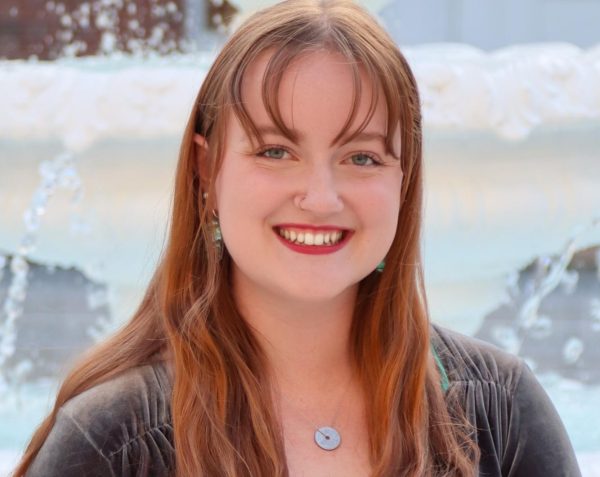
Hey! This semester, I'm the managing editor/content for The Chanticleer. This means I oversee all published material on our website, bi-weekly print editions...
